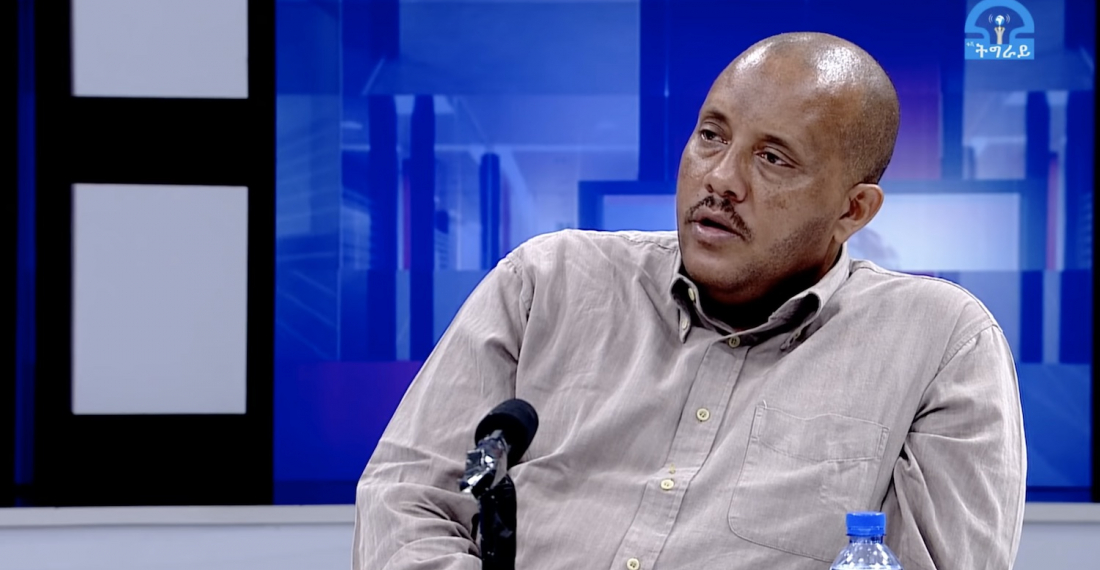The conflict in Ethiopia’s Tigray region is likely to escalate towards a new battle as the Tigray People’s Liberation Front (TPLF) refuses to withdraw fighters from areas they captured in recent weeks. In response, the government warned that it could deploy the full force of its defensive capabilities against the Tigray region.
On Friday (6 August), the TPLF denounced calls from the Ethiopian government to withdraw from the Amhara and Afar regions that neighbour Tigray. Addis Ababa viewed the move as a test of its patience and the ceasefire that the government unilaterally announced in June.
Ethiopia’s foreign ministry said the Tigray forces’ incursion into Amhara and Afar was pushing the government “to change its defensive mood which has been taken for the sake of the unilateral humanitarian ceasefire”. The incursions have displaced some 300,000 people, it said.
Ethiopia could “deploy the entire defensive capability of the state” if its calls for a peaceful resolution to the conflict are not reciprocated, the government statement added.
On the other side, the TPLF spokesman, Getachew Reda, told the Associated Press that Tigray forces had crossed into Amhara and Afar in an attempt to break the blockade that Ethiopia’s government has imposed on Tigray. “We’re not after Amhara territory or the people of Amhara. [...] As long as they are not shooting at our people, we have no problem,” Getachew reportedly told AFP.
Since June, intense fighting has abated in Tigray as the government forces unilaterally declared a ceasefire and withdrew from the region. However, just a few weeks after, the TPLF forces claimed that they had recaptured new areas following the government's withdrawal.
A new offensive in Tigray would further limit the delivery of and access to aid, which the international community has been working hard to maintain. The United Nations and the United States have both expressed concern over the ability of humanitarian aid to reach the Tigray region's nearly 6 million inhabitants. Ethiopian activists and diaspora have repeatedly suggested that the suffering of people in Tigray should be taken seriously.







